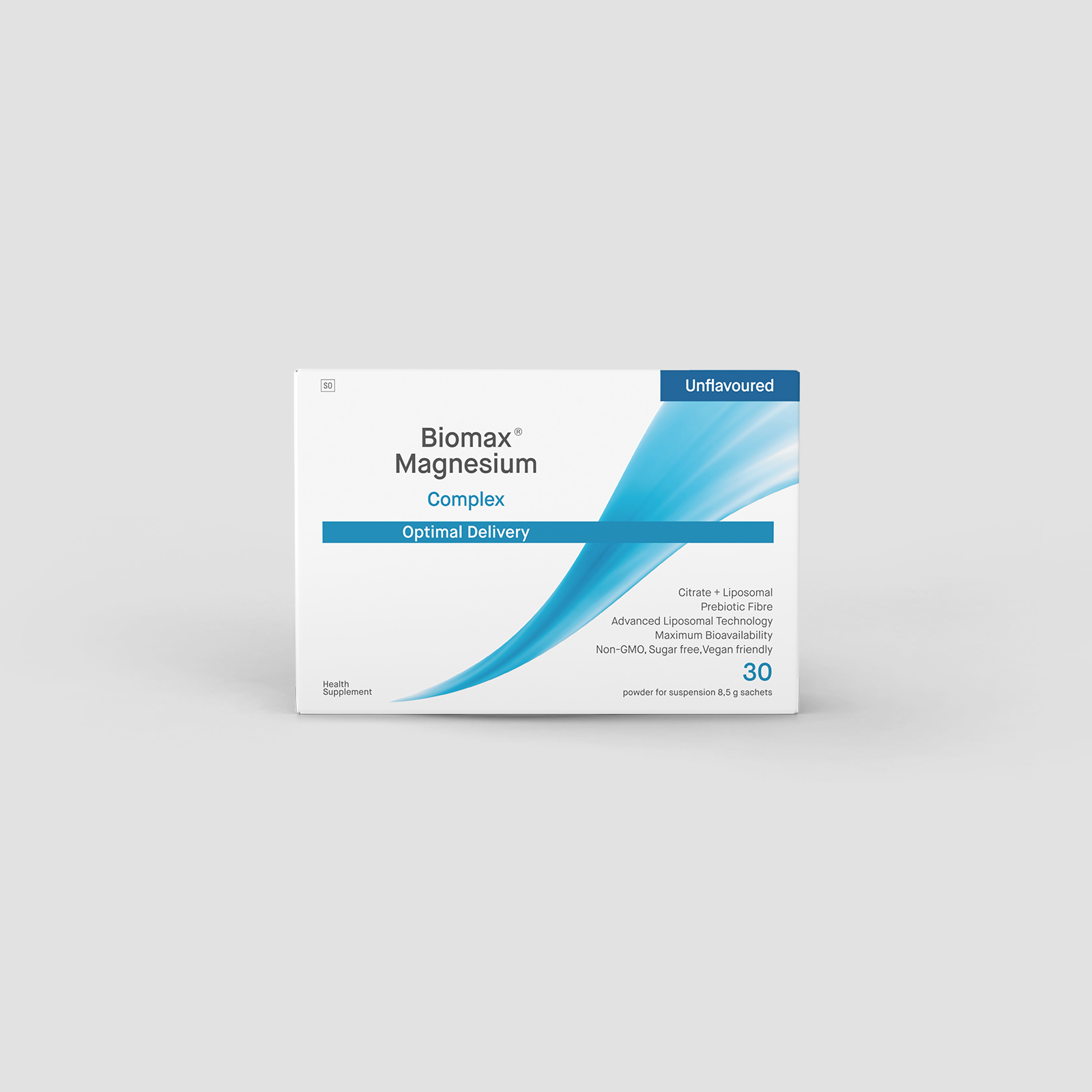For individuals with type 2 diabetes, maintaining adequate magnesium levels can significantly improve insulin sensitivity and overall blood glucose control. Magnesium also helps enhance the effectiveness of insulin; the hormone responsible for regulating blood sugar. Low levels of magnesium are often associated with insulin resistance, which can exacerbate diabetes symptoms. Therefore, ensuring sufficient magnesium intake can play a crucial role in managing type 2 diabetes.
The Link Between Magnesium Deficiency and Diabetes
According to the National Institutes of Health’s Office of Dietary Supplements (ODS), individuals with type 2 diabetes and insulin resistance might have lower magnesium levels in their blood and excrete more magnesium through their urine. Therefore, they have a higher risk of magnesium deficiency. [1]
According to a 2023 research review, individuals with T2D are more likely to have low magnesium levels than those with type 1 diabetes (T1D). This difference may occur as the development of T2D is associated with insulin resistance, while T1D relates to the immune system destroying cells that make insulin in the pancreas.
The Office of Dietary Supplements also suggests that diets higher in magnesium have a link to a lower risk of T2D. In a 2020 review of 41 studies, researchers found that the population with the highest magnesium intake had a 22% lower risk of T2D than the population with the lowest intake.
In a 2021 study with 50 participants, Magnesium Citrate in Untreated Prediabetics and Type 2 Diabetics- A 12 Week Placebo-Controlled DB Trial published by Journal of Hypertension, researchers looked at 400 mg magnesium citrate supplementation in people with T2D who had unmanaged blood sugar levels.
The study showed a drop in HbA1c, a measurement of long-term blood glucose levels, in the group of individuals with T2D who were treated with 400 mg magnesium citrate.
Testing for Magnesium Deficiency
Testing for magnesium deficiency can be tricky, as only a small percentage of the body’s magnesium is found in the blood. Standard serum magnesium tests may not always detect less severe deficiencies, making it important to consider additional tests if symptoms persist, however, a blood test will be ordered to check your magnesium level. The normal range is 1.7 to 2.2 mEq/L (0.65 to 1.05 mmol/L). [2]
Benefits of Magnesium Supplements
For those diagnosed with a magnesium deficiency, supplements such as magnesium citrate, oxide, glycinate, malate etc. can help restore optimal levels, but some are more easily-absorbed than others.
Benefits of magnesium supplementation include bone health, muscle function, cardiovascular health, nervous system function, and management of blood sugar levels- linking to type 2 diabetes management due to its ability to improve insulin sensitivity.
Dietary Sources of Magnesium
Incorporating magnesium-rich foods into your diet is a natural way to maintain healthy levels of this mineral. Foods such as leafy greens including spinach and kale, and legumes, nuts, seeds, whole grains, and even dark chocolate are excellent sources of magnesium and can support overall diabetes management.
According to a research study done by the BMJ in 2010, it was found that eating one cup of dark leafy greens per day can reduce the risk of DT2 by 14 percent. [3]
In conclusion, magnesium plays a pivotal role in the management of type 2 diabetes. Its ability to regulate insulin and glucose levels, improve insulin sensitivity, and reduce inflammation makes it a valuable mineral for individuals dealing with this condition. While dietary sources of magnesium are beneficial, supplements can provide an effective means to achieve optimal magnesium levels, especially for those with deficiencies. Ultimately, magnesium supplements, when used correctly, offer a promising adjunct therapy for managing type 2 diabetes, contributing to better metabolic health and quality of life for those affected by this chronic condition.
We always recommend consulting a healthcare professional to determine the appropriate form and dosage to ensure that your supplement regimen is tailored to your needs and medical conditions.




